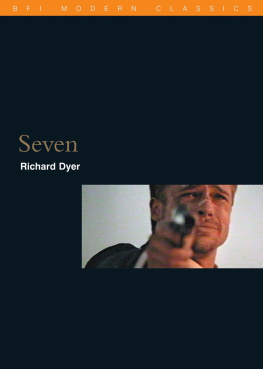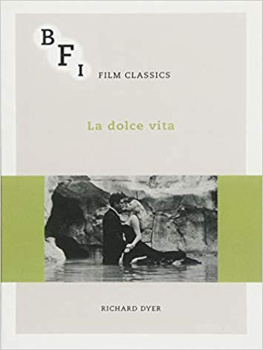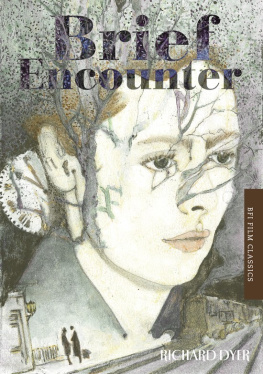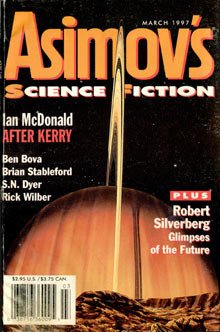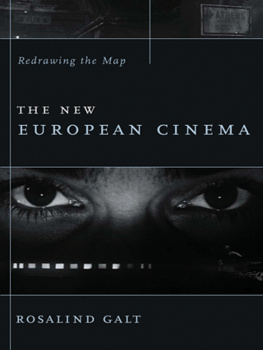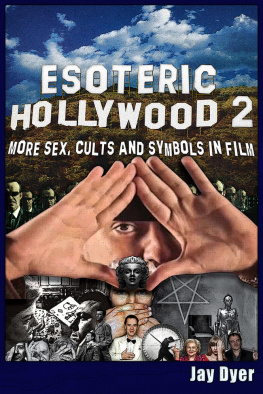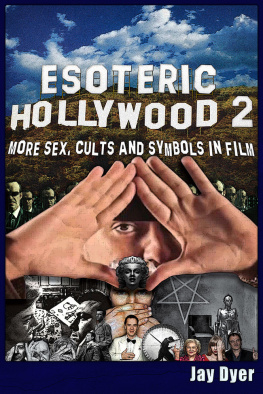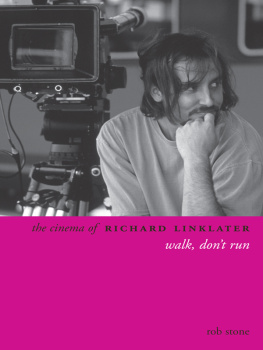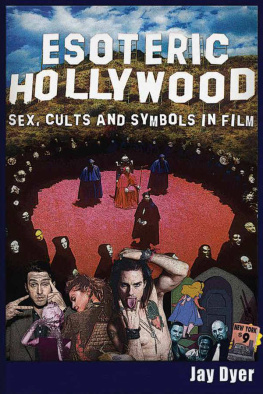Richard Dyer - Popular European Cinema
Here you can read online Richard Dyer - Popular European Cinema full text of the book (entire story) in english for free. Download pdf and epub, get meaning, cover and reviews about this ebook. year: 1992, publisher: Taylor & Francis, genre: Romance novel. Description of the work, (preface) as well as reviews are available. Best literature library LitArk.com created for fans of good reading and offers a wide selection of genres:
Romance novel
Science fiction
Adventure
Detective
Science
History
Home and family
Prose
Art
Politics
Computer
Non-fiction
Religion
Business
Children
Humor
Choose a favorite category and find really read worthwhile books. Enjoy immersion in the world of imagination, feel the emotions of the characters or learn something new for yourself, make an fascinating discovery.

- Book:Popular European Cinema
- Author:
- Publisher:Taylor & Francis
- Genre:
- Year:1992
- Rating:3 / 5
- Favourites:Add to favourites
- Your mark:
- 60
- 1
- 2
- 3
- 4
- 5
Popular European Cinema: summary, description and annotation
We offer to read an annotation, description, summary or preface (depends on what the author of the book "Popular European Cinema" wrote himself). If you haven't found the necessary information about the book — write in the comments, we will try to find it.
Popular European Cinema — read online for free the complete book (whole text) full work
Below is the text of the book, divided by pages. System saving the place of the last page read, allows you to conveniently read the book "Popular European Cinema" online for free, without having to search again every time where you left off. Put a bookmark, and you can go to the page where you finished reading at any time.
Font size:
Interval:
Bookmark:

Richard Dyer and Ginette Vincendeau

2 Park Square, Milton Park, Abingdon, Oxon, OX14 4RN
by Routledge
a division of Routledge, Taylor & Francis
270 Madison Ave, New York NY 10016
Intype Ltd, London
Popular European cinema.
I. Dyer, Richard II. Vincendeau, Ginette
306.485
Popular European cinema / edited by Richard Dyer and
Ginette Vincendeau.
p. cm.
Includes bibliographical references.
1. Motion picturesEuropeCongresses. 2. EuropePopular
cultureCongresses. I. Vincendeau, Ginette.
PN1993.5.E8P6 1992
791.43094dc20 91-40138
ISBN 0-415-06802-9
0-415-06803-7 pbk
| Dudley Andrew |
| Jos Arroyo |
| Christian Bossno |
| Franois de la Bretque |
| Thomas Elsaesser |
| Maria Enzensberger |
| Sue Harper |
| Malgorzata Hendrykowska |
| Veijo Hietala, Ari Honka-Hallila, Hanna Kangasniemi, Martti Lahti, Kimmo Laine and Jukka Sihvonen |
| Jean-Pierre Jeancolas |
| Carol Jenks |
| Michle Lagny |
| Anne Marit Myrstad |
| V. F. Perkins |
| Heide Schlpmann |
| Anita Skwara |
| Tytti Soila |
| Christopher Wagstaff |
Font size:
Interval:
Bookmark:
Similar books «Popular European Cinema»
Look at similar books to Popular European Cinema. We have selected literature similar in name and meaning in the hope of providing readers with more options to find new, interesting, not yet read works.
Discussion, reviews of the book Popular European Cinema and just readers' own opinions. Leave your comments, write what you think about the work, its meaning or the main characters. Specify what exactly you liked and what you didn't like, and why you think so.

